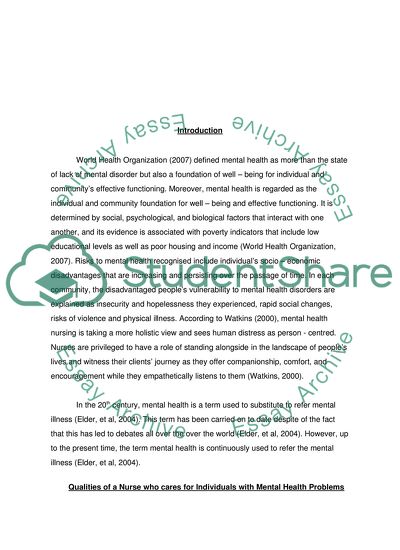Cite this document
(Mental Health Nursing: Mental Health and Nursing Care Research Paper, n.d.)
Mental Health Nursing: Mental Health and Nursing Care Research Paper. Retrieved from https://studentshare.org/nursing/1724030-mental-health-essay-title-to-be-decided
Mental Health Nursing: Mental Health and Nursing Care Research Paper. Retrieved from https://studentshare.org/nursing/1724030-mental-health-essay-title-to-be-decided
(Mental Health Nursing: Mental Health and Nursing Care Research Paper)
Mental Health Nursing: Mental Health and Nursing Care Research Paper. https://studentshare.org/nursing/1724030-mental-health-essay-title-to-be-decided.
Mental Health Nursing: Mental Health and Nursing Care Research Paper. https://studentshare.org/nursing/1724030-mental-health-essay-title-to-be-decided.
“Mental Health Nursing: Mental Health and Nursing Care Research Paper”, n.d. https://studentshare.org/nursing/1724030-mental-health-essay-title-to-be-decided.


